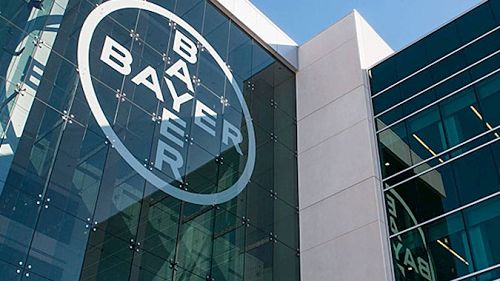
Cisplatin is one of the most commonly used anticancer drugs in the world. It has been used since the late 1940s, when it was first introduced. Despite the widespread use of cisplatin, some cancer patients still experience side effects. Some of these side effects include:
For patients who have experienced breast cancer, cisplatin can cause them to have a recurrence. In some cases, however, breast cancer patients have experienced nothing more than thinning of the skin.
Side Effects of Cisplatin and Cancer

The side effects caused by cisplatin are not as common with cisplatin for treating breast cancer as they are with lung cancer. It is due to the fact that there is a direct connection between cisplatin and breast cancer. However, breast cancer patients do experience side effects when they take cisplatin.
Since the cancer cells that are removed from the body are usually rejected, the survival rate for cisplatin is much higher than for other types of cancer. This means that there is a greater chance of recovering from the cancer than there is for other forms of cancer.
Because lung cancer is an invasive form of cancer, chemotherapy is much more effective for treating lung cancer than it is for treating other types of cancer. Chemotherapy is also used when the cancer is in its early stages, and when the patient's life expectancy is greater.

When cisplatin is combined with chemotherapy, the chances of survival increase considerably. This is true for lung cancer and it is also true for other types of cancer.
The effectiveness of cisplatin makes it very popular among doctors, who are aware of the value it has in cancer treatment, but it also makes it one of the most important types of medicine. In addition to cisplatin, many other forms of chemo are available, and many different drugs are prescribed to treat cancer. Chemotherapy is often used alone, in combination with other forms of chemotherapy.
It is not a good idea to take cisplatin on its own, as it is known to have some serious side effects. Chemotherapy, while using cisplatin, may cause nausea, fatigue, muscle cramps, hair loss, drowsiness, skin rashes, confusion, loss of appetite, liver and kidney damage, and hearing loss. There may also be a high incidence of bleeding in chemotherapy patients, which is rare with cisplatin.

When cisplatin is combined with chemotherapy, people taking the drug should take extra care to make sure that they do not ingest anything that can pass through the stomach, into the lungs, or to the bloodstream. This can include aspirin, vitamins, and any food that have caffeine.
Many people who have had their brains cancer cured with cisplatin are then followed to find out that they still have cancer. Cisplatin is sometimes prescribed for those who have had brain cancer, but this should only be done under the supervision of a doctor. As well, side effects from cisplatin are usually much more serious than with other forms of chemotherapy, so if you are following your doctor's advice, you should not have too many problems.
Since cisplatin is one of the more widely used forms of chemotherapy, you will probably find that there are plenty of people who have had the side effects listed above. If you think that you might have experienced any of these side effects, you should talk to your doctor.